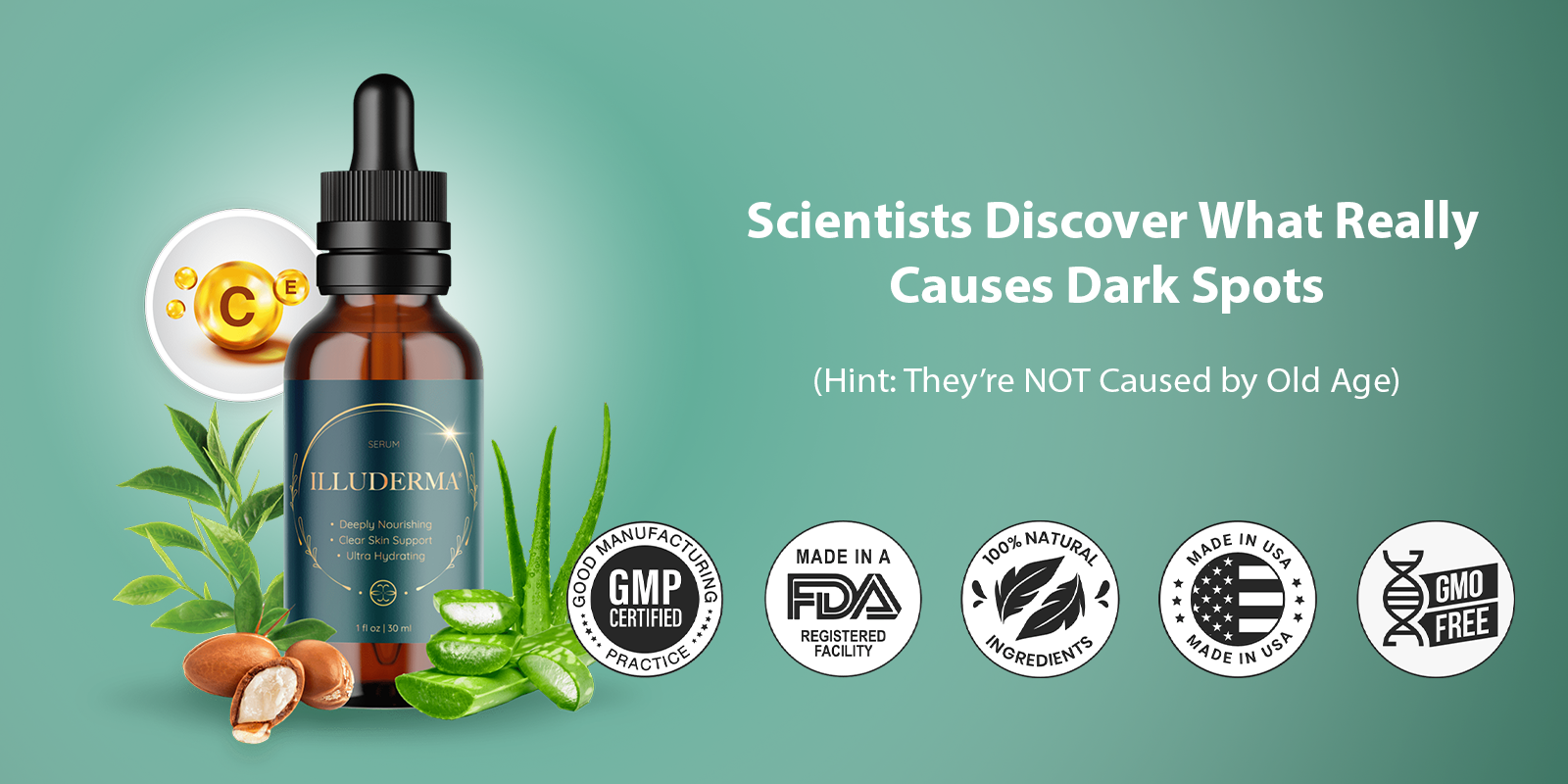Conventional acne treatments like salicylic acid, niacinamide, or benzoyl peroxide are proven to be the most effective acne solutions, but they can be expensive and have undesirable side effects, such as dryness, redness, and irritation.
Many home remedies lack scientific backing, and further research on their effectiveness is needed.
If you're looking for alternative treatments, though, there are still options you can try.
This article explores 8 popular home remedies for acne:
1. Apply apple cider vinegar
Apple cider vinegar is made by fermenting apple cider, or the unfiltered juice from pressed apples.
Lactic acid, another acid in apple cider vinegar, may also improve the appearance of acne scars.
While certain components of apple cider vinegar may help with acne, there's currently no evidence to support its use for this purpose.
Some dermatologists advise against using apple cider vinegar at all, as it may irritate the skin.
How to use it
1. Mix 1 part apple cider vinegar and 3 parts water (use more water for sensitive skin);
2. After cleansing, gently apply the mixture to the skin using a cotton ball;
3. Let sit for 5–20 seconds, rinse with water and pat dry;
4. Repeat this process 1–2 times per day, as needed.
It's important to note that applying apple cider vinegar to your skin can cause burns and irritation.
If you choose to try it, use it in small amounts and dilute it with water.
2. Make a honey and cinnamon mask
Honey and cinnamon have the ability to fight bacteria and reduce inflammation, which are two factors that trigger acne.
A 2017 study found that the combination of honey and cinnamon bark extract exerted antibacterial effects against P acnes.
A study in 136 people with acne found that applying honey to the skin after using antibacterial soap was no more effective at treating acne than using the soap on its own.
How to make a honey and cinnamon mask:
1. Mix 2 tablespoons of honey and 1 teaspoon of cinnamon to form a paste;
2. After cleansing, apply the mask to your face and leave it on for 10-15 minutes;
3. Rinse the mask off completely and pat your face dry.
3. Spot treat with tea tree oil
Tea tree oil is an essential oil that’s extracted from the leaves of Melaleuca alternifolia, a small tree native to Australia.
What's more, several studies have found that applying tea tree oil to the skin may reduce acne.
Tea tree oil is very potent, so always dilute it before applying it to your skin.
How to use it
1. Mix 1 part tea tree oil with 9 parts water;
2. Dip a cotton swab into the mixture and apply it to the affected areas;
3. Apply moisturizer if desired;
4. Repeat this process 1-2 times per day, as needed.
4. Apply green tea to your skin
Green tea is very high in antioxidants, and drinking it can promote good health.
Research has also found that drinking green tea may lower blood sugar and insulin levels, which are factors that can contribute to the development of acne.
You can buy creams and lotions that contain green tea, but it’s just as easy to make your own mixture at home.











